Category: Newsletters
-
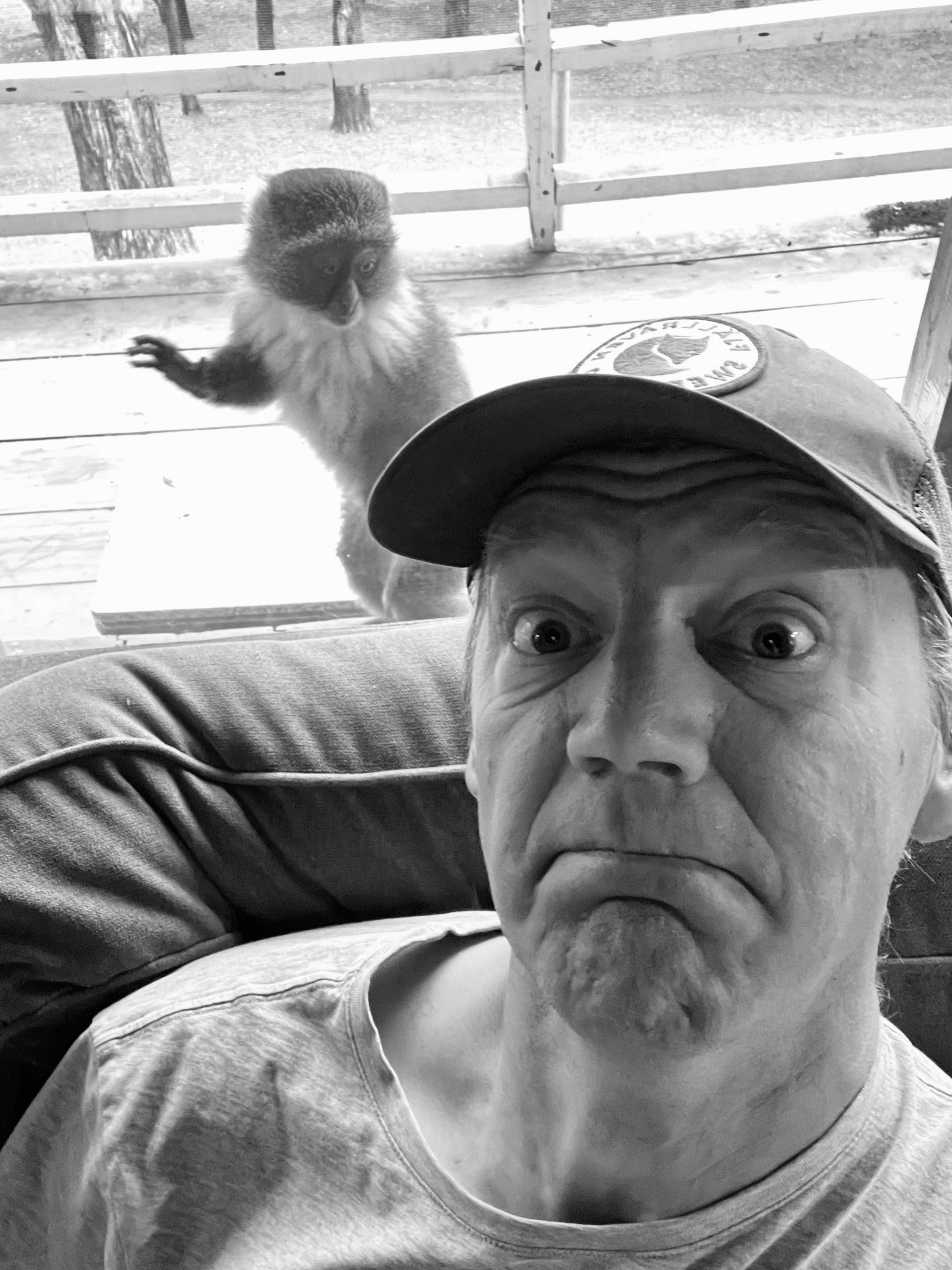
Stop It – 2024 CONTENTMENT CHALLENGE #3
LIVING CONTENTMENT 2024 CONTENTMENT CHALLENGE 3 This month, Living Contentment is The 2024 Contentment Challenge. So instead of the regular- something to: read | do | pray – I’m sending out these shorter, more actionable Contentment Challenges. Enjoy! Challenges so far: #1 – Gratitude#2 – Finding Fulfilment#3 – Stoping 3 Just Stop It. So many…
-
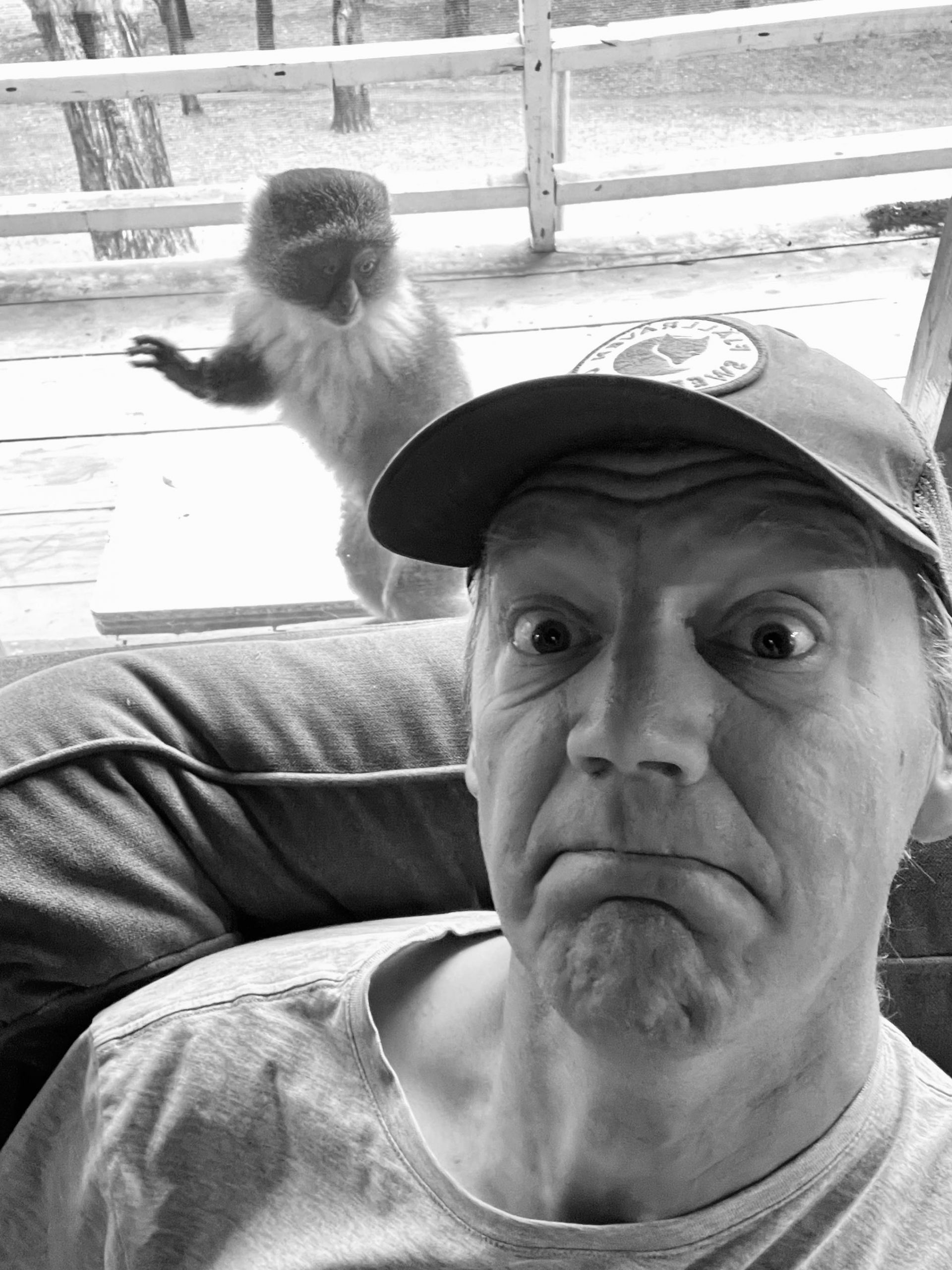
Finding Fulfillment – 2024 CONTENTMENT CHALLENGE # 2
LIVING CONTENTMENT 2024 CONTENTMENT CHALLENGE 2 This month, Living Contentment is The 2024 Contentment Challenge. So instead of the regular weekly – something to: read | do | pray – I’m sending these shorter, more frequent actionable Contentment Challenges. Enjoy! Challenges so far: #1 – Gratitude#2 – Finding Fulfilment Finding Fulfilment One of the perennial…
-
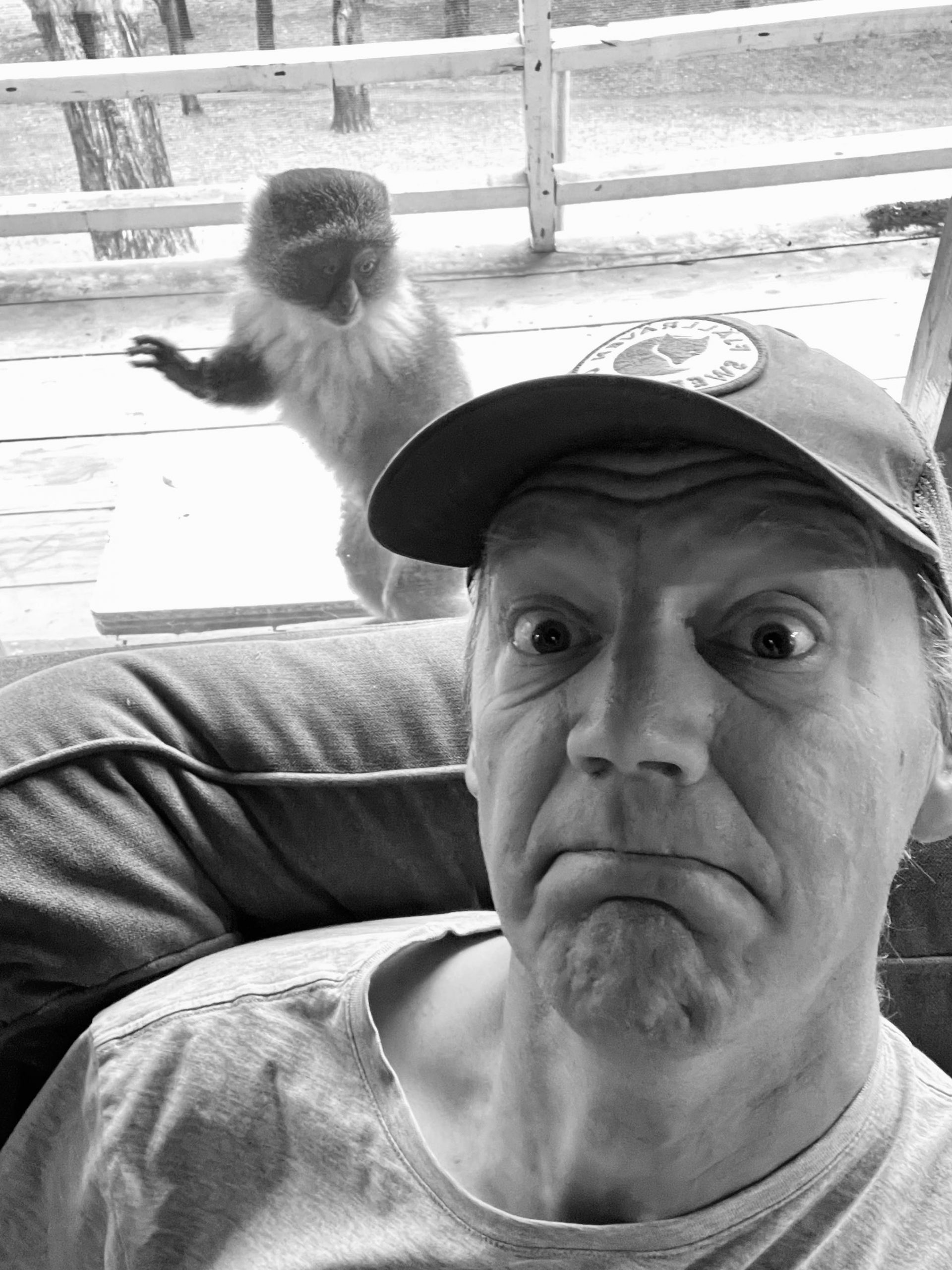
Thanks! – CONTENTMENT CHALLENGE # 1
LIVING CONTENTMENT 2024 CONTENTMENT CHALLENGE 1 SURPRISE! THAT’S RIGHT – today is NOT THURSDAY. I’ve got too many Contentment Challenges to leave them to only once per week. So this month, I’ll be sending these shorter, more frequent emails for the 2024 Contentment Challenge! Thanks. Contentment will always remain elusive if we forget the reasons…
-
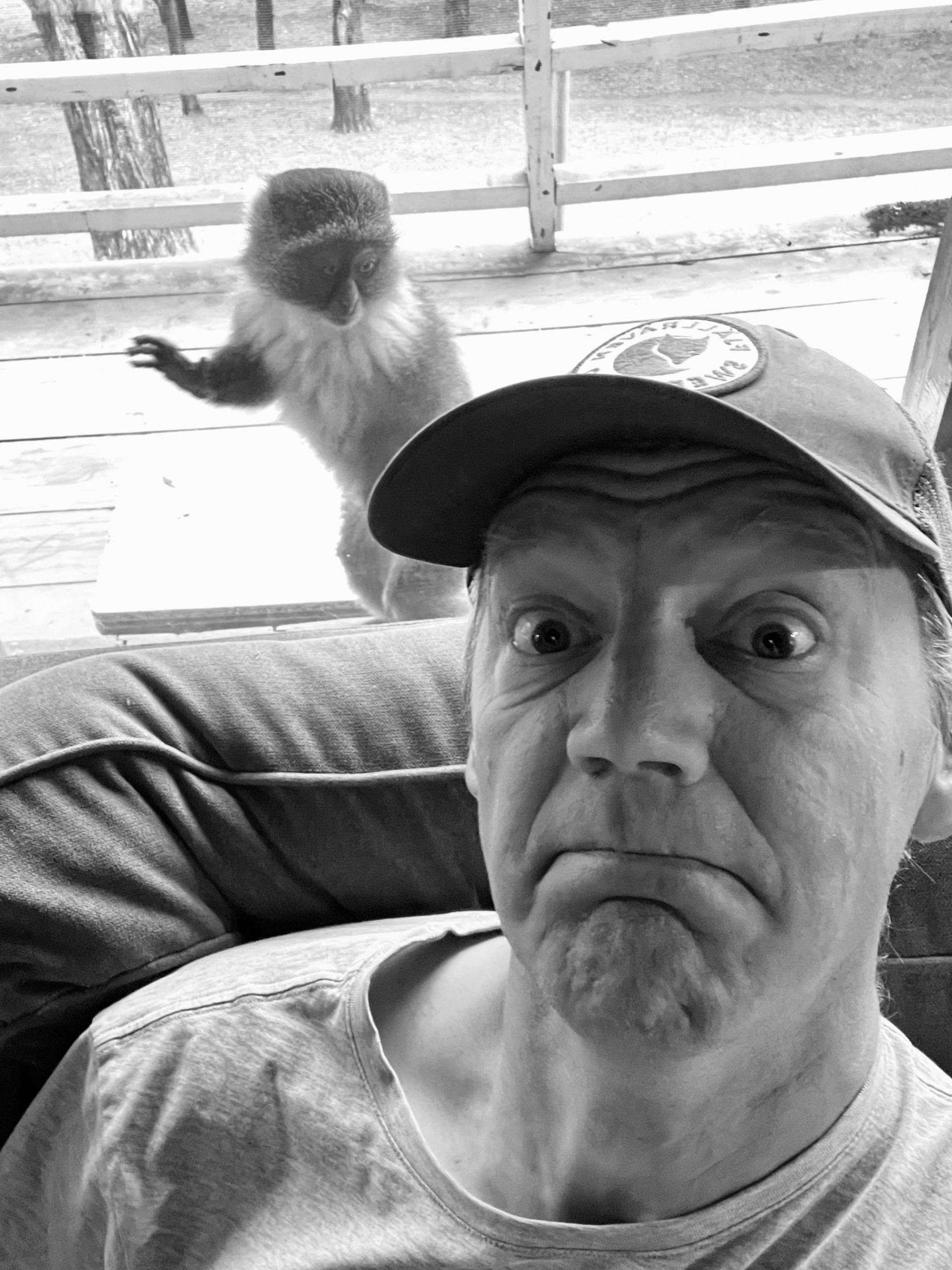
The Life You Already Have- Contentment Challenge 2024
2024 CONTENTMENT CHALLENGE The Life You Already Have Today is New Year’s Day – when millions of people will start their RESOLUTIONS. Which most keep for a few weeks. Lose weight.Save MoneyExercise moreGet better gradesGet a new jobSave up for that new car Every year on January 1st, people RESOLVE to make themselves better. To…
-
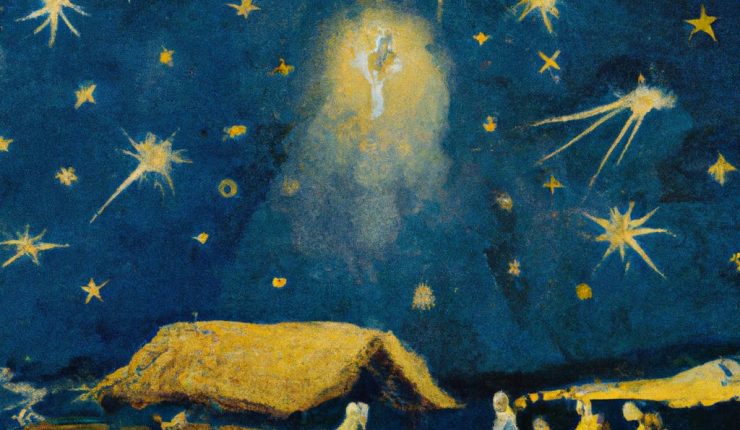
The Contentment of Shepherds – Contentvent 4
Hi Reader, Welcome to Living Contentment Weekly. Here are your three contentment-related thoughts for today. Something for you to: read | do | pray Contentvent #4: Contentment with who we are – like the Shepherds READ THIS One peculiarity of the Christmas story is the cast of characters. If we examine any random manger…
-
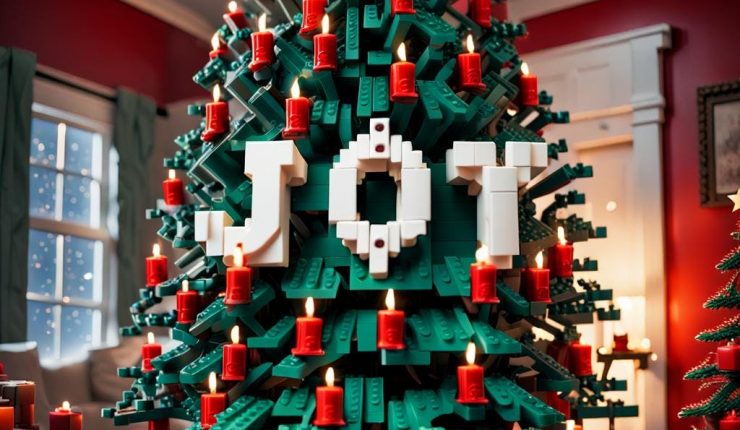
Happiness to the World, the Good has Come – ContentVent 3
Hi Reader, Welcome to Living Contentment Weekly. Here are your three contentment-related thoughts for today. Something for you to: read | do | pray Contentvent #3: Happiness to the World, the Good has Come READ THIS It’s that time of year again when the word “joy” suddenly becomes part of everyday language. After the…
-

PTSD, Advent & Family Road Trips….ContentVent 2
Hi Reader, Welcome to Living Contentment Weekly. Contentvent. Here are your three ADVENT-contentment-related thoughts for today. Something for you to: read | do | pray Contentvent – is what we’re calling this advent series on Contentment in the Advent season. During these four weeks of Advent that lead up to Christmas, we’re re-examining the same…
-

CONTENTVENT 1 – I HATE waiting
Hi Reader, Welcome to Living Contentment Weekly. Here are your three contentment-related thoughts for today. Something for you to: read | do | pray Correct – today is NOT Thursday (don’t worry, you didn’t miss 4 days) – but I wanted to send out this edition to get us on track for the 4 weeks…
-
Just FYI – this one is tough.
Hi Reader, Welcome to Living Contentment – your weekly nudge towards a life of Biblical contentment. Here are today’s three contentment-related things for you to read | do | pray READ THIS These past few months we’ve been preaching through the book of Philippians here at Rift Valley Academy, which is an absolute treasure of…
-
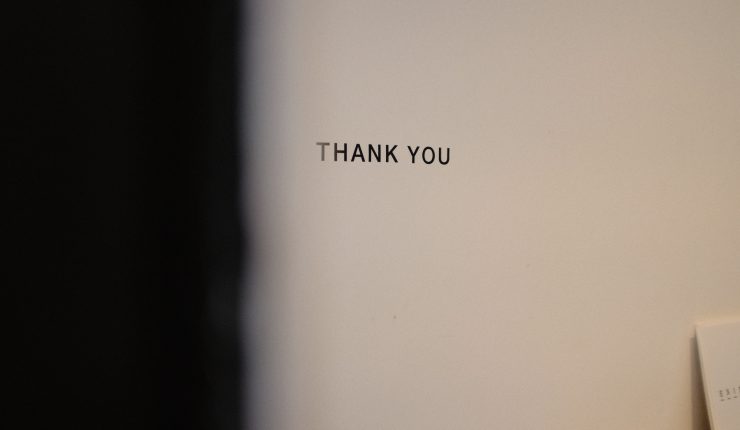
Giving Thanks on Thanksgiving
Hi Reader, Welcome to Living Contentment – your weekly nudge towards a life of Biblical contentment. Here are today’s three contentment-related things for you to read | do | pray READ THIS Today is Thanksgiving in the US – and while only about half of you in the LIving Contentmeht community are in the US…